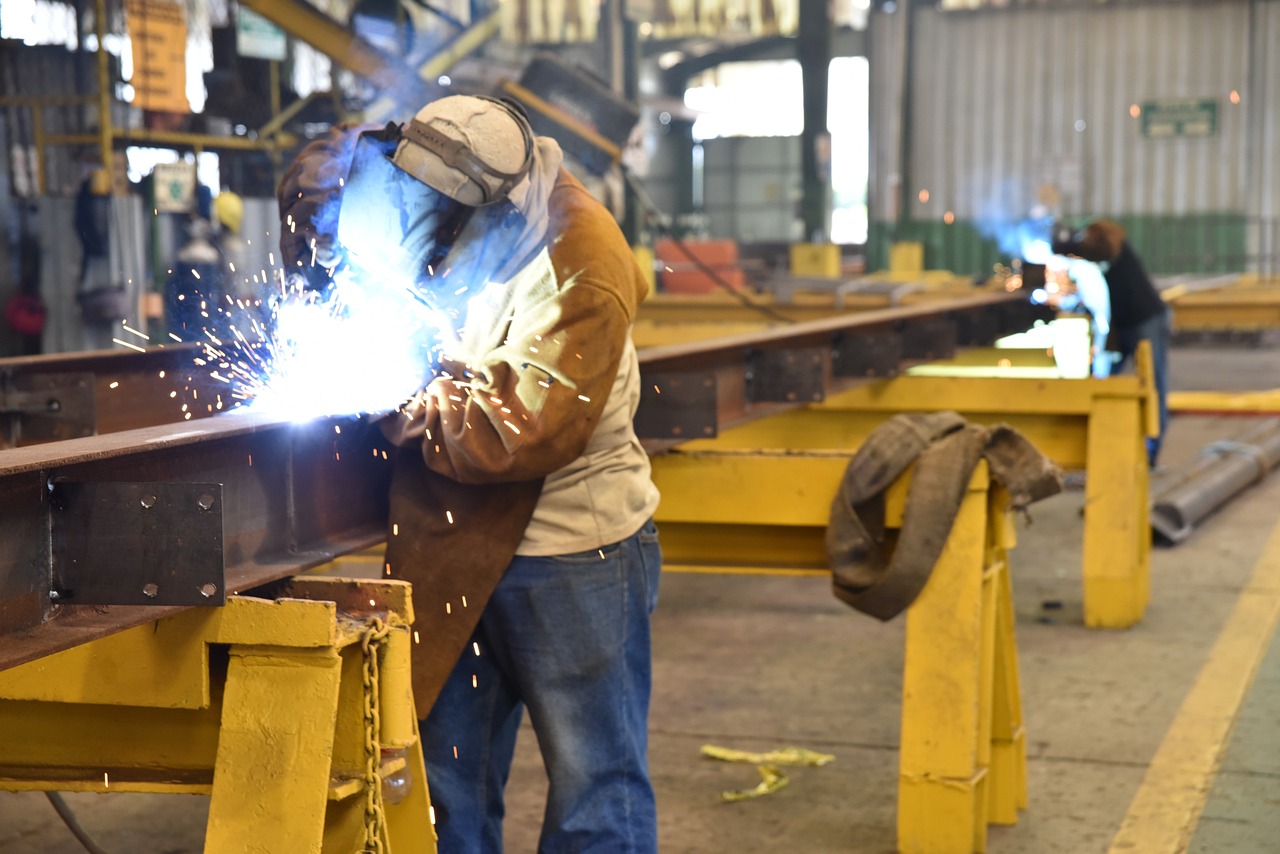
Argon and Its Importance in Welding: Safeguarding Metal Integrity
When it comes to welding, achieving strong and reliable welds is paramount. However, the intense temperatures involved in the welding process can introduce challenges that jeopardize the integrity of the metal being worked on. Enter argon, a gas with remarkable properties that make it indispensable in welding and necessary to ensure high-quality welds.
The key reason why you need argon in welding is its role in safeguarding the molten pool of metal. During welding, the metal reaches temperatures exceeding 7000 degrees, causing it to liquefy and form a molten pool. However, exposing this pool to the surrounding atmosphere can have detrimental effects. Argon acts as a protective shield, creating a barrier between the molten pool and atmospheric elements like oxygen, nitrogen, and hydrogen.
Preventing Oxidation:
Oxygen, one of the most prevalent elements in the atmosphere, poses a significant threat to the welding process. When oxygen meets the molten pool, it reacts with the metal, leading to oxidation and the formation of unwanted oxides. These oxides weaken the weld joint and compromise its strength. Argon displaces oxygen, preventing its interaction with the metal and ensuring a clean, oxide-free weld.
Eliminating Nitrogen Contamination:
Another atmospheric element that can negatively impact the welding process is nitrogen. When nitrogen dissolves into the molten pool, it causes brittleness and reduces the mechanical properties of the weld. Argon acts as a protective barrier, displacing nitrogen and preventing its unwanted incorporation into the weld. This ensures that the final weld maintains its desired strength and durability.
Mitigating Hydrogen-Related Issues:
Even trace amounts of hydrogen can have detrimental effects on welded joints. Hydrogen can lead to hydrogen embrittlement, causing cracks and weakening the weld’s overall integrity. Argon’s role in welding is crucial as it effectively prevents the entry of hydrogen into the molten pool. By maintaining a continuous flow of argon, welders can minimize the risk of embrittlement and enhance the reliability of the weld.
Argon’s importance in the welding process cannot be overstated. Its ability to protect the molten pool from atmospheric elements like oxygen, nitrogen, and hydrogen is essential in ensuring high-quality welds with exceptional strength and integrity. By using argon as a shielding agent, welders can prevent oxidation, eliminate nitrogen contamination, and mitigate hydrogen-related issues. When it comes to achieving superior welding results, argon is an indispensable tool in your arsenal.
The stability and reliability provided by argon shielding gas contribute to improved weld integrity, reduced porosity, and enhanced overall weld performance. As a result, both professional welders and hobbyists frequently opt for argon in their welding endeavors and trust us to provide them with quality gas.
We understand the critical role that argon plays in various industries, including welding, electronics, and optics. By offering reliable and high-quality argon gas, we help empower businesses to meet their production demands and maintain consistent performance. Whether it’s a large-scale manufacturing facility or a small-scale hobbyist workshop, we strive to meet the unique needs of each customer, enabling them to focus on their work without worrying about gas supply issues. With Air Source Industries as a trusted partner, businesses in the LA and OC areas can confidently rely on their comprehensive range of argon gas solutions to get the job done effectively and efficiently.
Contact us today to learn more about our services and how we can help you achieve exceptional welds or give us a call at (562)426-4017 and we’ll help answer any questions you may have.

